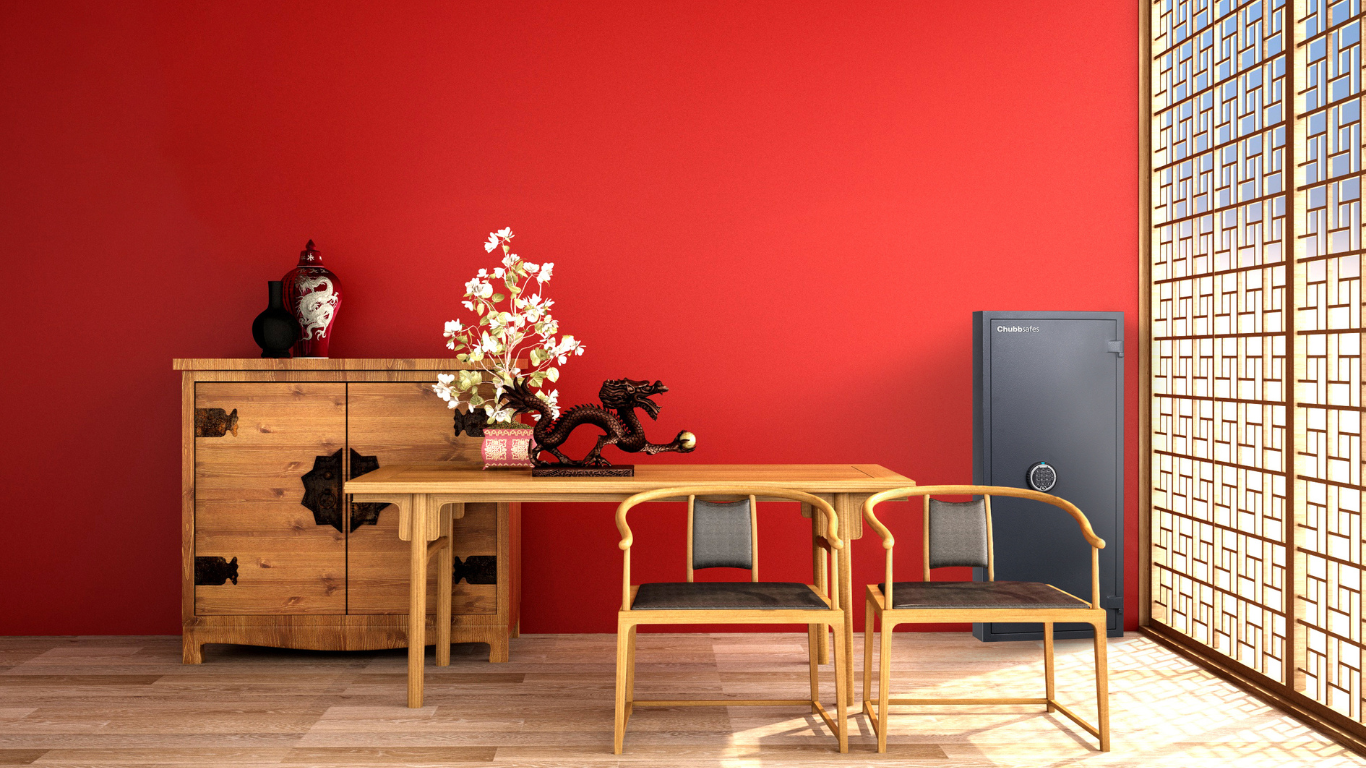
In recent years, modern design has played a bigger role in enhancing the security, usability, and overall aesthetic of home safes. No longer viewed as bulky, unattractive boxes hidden away in a wardrobe, today’s home safes blend seamlessly into modern homes while offering advanced protection. 
In this blog post, we explore how modern design has revolutionised home safes, from materials to user experience.
As consumer demands shifted towards more lifestyle-centric products, Chubbsafes has explored how to integrate advanced security features with modern design principles. The result is a new generation of home safes that offer both high levels of security and modern usability. Not only do these safes withstand physical attacks, but they also integrate seamlessly into home environments. Moreover, they combine advanced security features with cutting-edge materials, user-friendly interfaces, and ergonomic designs.
1. Advanced Materials for Enhanced SecurityModern home safes make use of advanced materials, including composite layers and lightweight yet durable alloys. These materials provide enhanced resistance to physical attacks such as drilling, cutting, and prying.
For instance, Chubbsafes’ graded safes are designed with multilayered materials that offer high resistance against both burglary and fire. According to the European Committee for Standardization (CEN), safes that meet the EN 1143-1 standard must withstand various forms of physical attacks, ensuring that high-quality materials and effective designs are a key factor in safeguarding valuables.
Additionally, these modern materials can help in reducing the overall weight of the safe without compromising on security, making modern home safes easier to install in a variety of home settings.
2. Fire Protection: More Than Just Theft PreventionWhile theft protection is a primary function, modern home safes also offer protection against environmental threats such as fire. Advanced fireproof materials and seals are incorporated into the design to protect important documents, cash, and valuables from fire damage. Safes meeting the UL 72 and European EN 15659 LFS and EN 1047-1 fire resistance standards, for example, are tested to withstand temperatures of up to 1,850°F (1,010°C) for prolonged periods of exposure.
3. Aesthetic Design: Blending into Modern HomesOne of the most notable developments in modern home safes is the focus on aesthetics. Today’s homeowners no longer want to hide their safes in the basement or attic. Instead, they seek safes that can be integrated into their living spaces without compromising on style.
Modern safes now come in sleek, minimalist designs that complement contemporary interiors. Custom finishes, colours, and materials such as brushed steel allow safes to blend into bedrooms, living rooms, or home offices. With the flexibility to integrate safes into custom furniture or concealed wall installations, safes are becoming a discreet but essential feature in modern homes.
4. User-Friendly Interfaces: A Focus on ConvenienceThe usability of modern safes has also significantly improved with the introduction of digital technology. Gone are the days of complex, manual locking mechanisms that required users to remember intricate combinations. Today, many home safes feature digital keypads, biometric fingerprint readers, and Bluetooth-enabled locks, offering multiple layers of convenience and security. (link to Gunnebo Locks page)
5. Modularity and Customisation for PersonalisationModern design in home safes also emphasises personalization and modularity. Consumers today value products that can be customised to their specific needs. As a result, many manufacturers offer modular safes that can be adjusted for different storage requirements, such as jewellery, documents, or electronics.
Chubbsafes, for example, offers safes with customisable interior shelving and compartments, ensuring that users can store a wide variety of items securely. The modular approach also allows homeowners to expand their safe’s capacity as their security needs grow, offering greater flexibility and long-term utility.
As we have explored, modern design is not merely an aesthetic enhancement; it plays a crucial role in improving both the security and usability of home safes. With advanced materials that resist physical attacks and fire, these safes provide peace of mind while safeguarding valuable possessions. Their aesthetic appeal ensures that they fit seamlessly into contemporary living spaces, transforming security into a stylish statement.
Investing in a contemporary home safe means embracing peace of mind, knowing that your most valued possessions are protected by superior technology and materials. As Chubbsafes continues to innovate, we invite you to explore our range of home safes designed to meet the evolving demands of security-conscious homeowners.
Sources:
Copyright © 2024 Gunnebo Safe Storage AB. All rights reserved.
Comments (1)